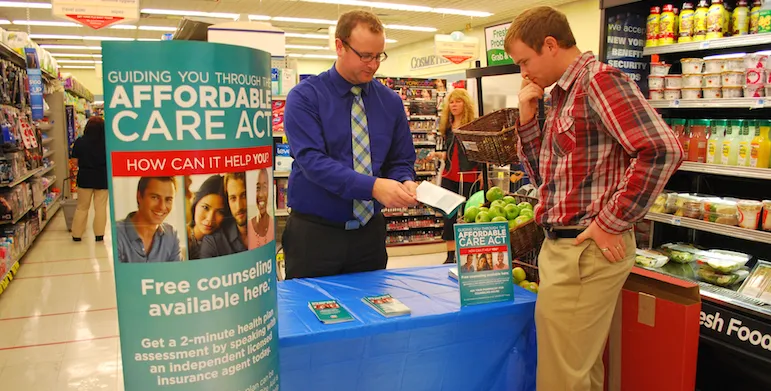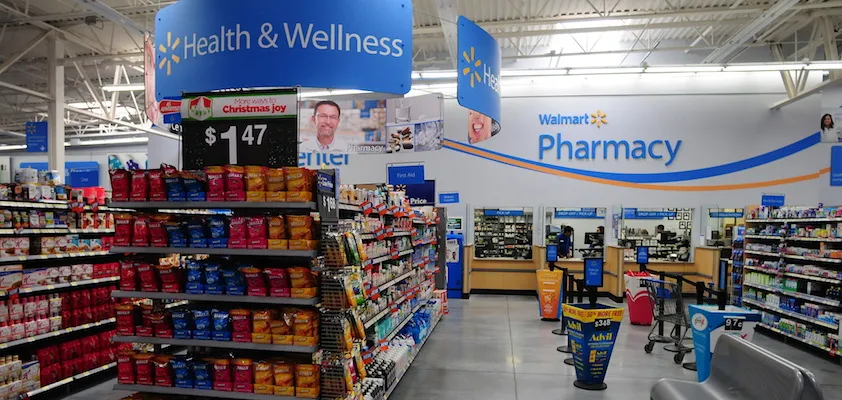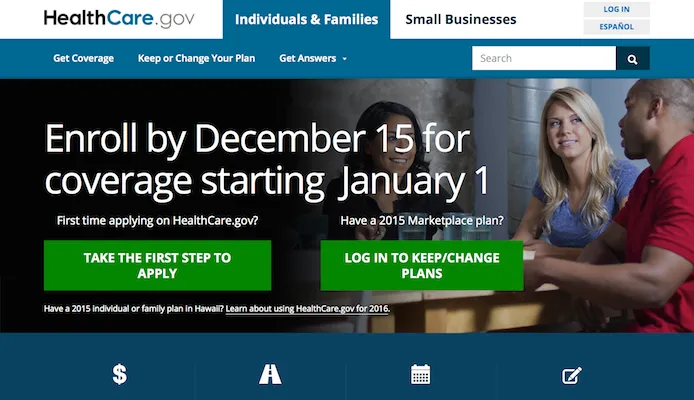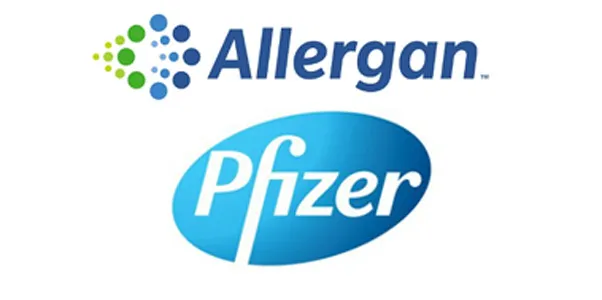WASHINGTON — The Affordable Care Act has reduced the number of Americans without health insurance by 15.8 million, or one-third, since 2013, new government data shows.
In the first quarter of this year there were 29 million uninsured people, the National Center for Health Statistics said this month. The share of the population without insurance dipped by more than five points, to 9.2%, in the first three months of 2015, from 14.4% two years earlier — just before major provisions of the ACA took effect.
A report by the center says the ACA generated the most significant coverage gains among poor people and those with income just over the poverty level, which is $11,770 for an individual.
Coverage gains were especially pronounced for Hispanics, who historically have tended to be uninsured. In the first quarter of 2015, 28.3% of Latinos age 18 to 64 had no coverage, down from 40.6% two years earlier.
The figures also dropped for non-Hispanic black adults, to 15.6% from 24.9%, and for non-Hispanic white adults, to 8.7% from 14.5%.
States that took advantage of the ACA provision for expanding Medicaid have seen a steeper drop in the number of uninsured than those that did not. In the states expanding Medicaid, 10.6% of people were uninsured, while the figure in states that did not do so was 16.8%.
A separate study, from Gallup, found that Texas was the only state where at least 20% of people had no coverage. It found that the uninsured now account for 5% or less of the population in seven states: Connecticut, Hawaii, Iowa, Massachusetts, Minnesota, Rhode Island and Vermont.
Other studies found conflicting reactions to the law’s impact. A study published in The Journal of the American Medical Association found that Americans believe their health has improved under the statute.
“The ACA’s first two open enrollment periods were associated with significantly improved trends in … access to primary care and medications, affordability, and health,” the study said. “Low-income adults in states that expanded Medicaid reported significant gains in insurance coverage and access compared with adults in states that did not expand Medicaid.”
But plan affordability remains a problem, according to a survey by the Deloitte Center for Health Solutions. Plans obtained through the insurance exchanges have improved access to care, but one in three enrollees with yearlong coverage had trouble paying their out-of-pocket health care expenses.
Compared to other people with insurance, exchange enrollees “are less confident that they can get affordable care and feel less prepared financially to handle their future health care costs,” Deloitte said. “Potential buyers may need better guidance in selecting affordable coverage and might be open to plans that offer value-based incentives or that swap coverage limits for lower premiums and co-payments.
“Consumers’ willingness to accept limited provider networks for lower prices is on the rise, especially among younger enrollees, signaling that trade-offs like these may be part of the solution.”









